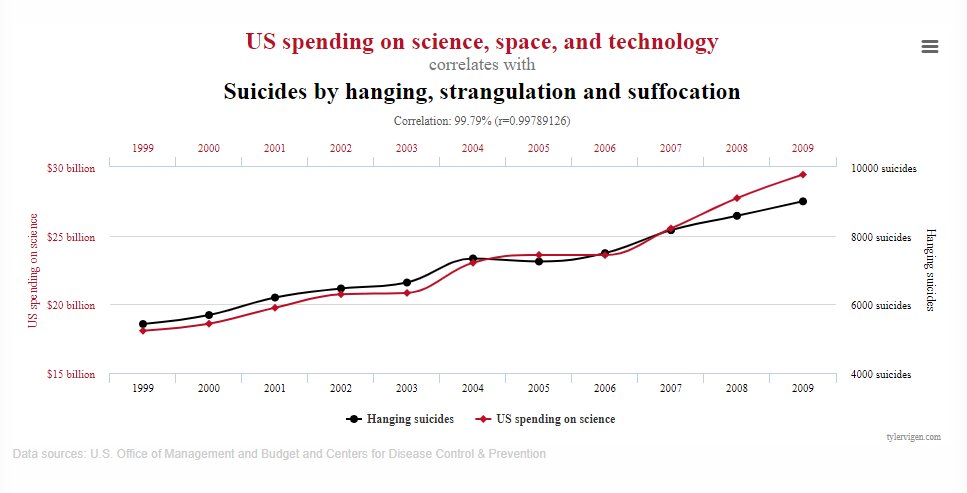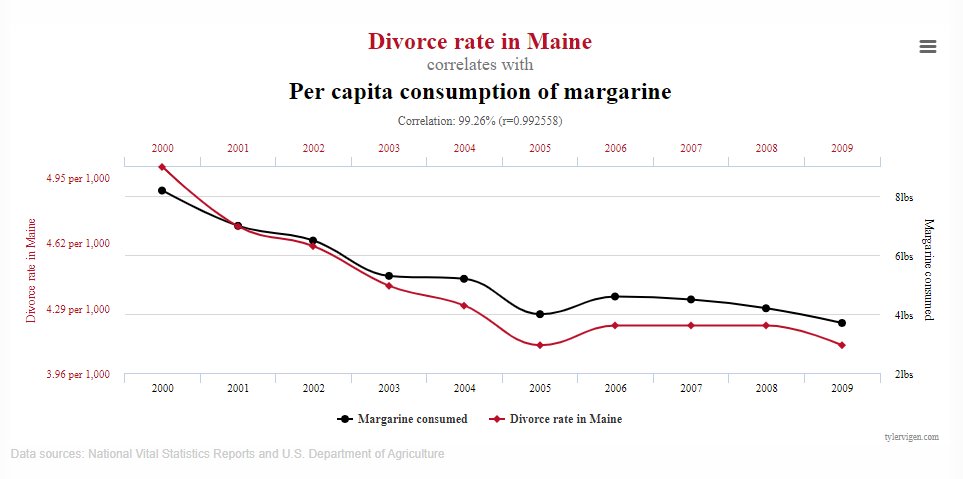
Interesting new preprint on #LongCovid. Some take-homes:
- ~14% of people
- can last months
- associated with +symptoms, previous respiratory disease, gender, age
- not associated with metabolic disease (mostly)
medrxiv.org/content/10.110…
- ~14% of people
- can last months
- associated with +symptoms, previous respiratory disease, gender, age
- not associated with metabolic disease (mostly)
medrxiv.org/content/10.110…
To me, this is the most interesting table. You can look through and see what is and isn't associated with PCR-positive Long COVID 



Not unsurprising that people who experience worse symptoms in their initial COVID-19 infection are more likely to suffer from #LongCovid
However, some MAJOR limitations to the analysis. The patient group is very selected (people who use and KEEP using an app long term), and this only captures those who had PCR-positive cases of COVID-19
So, interesting, but I'd be very cautious about drawing inferences from this (i.e. you can't say that 2% of people who get COVID-19 will still have symptoms months later, we don't know if that's true from this study)
A good way of thinking about it is, I reckon, to say that #LongCovid does appear to impact a reasonable fraction of people, but exactly who they are is still up in the air and requires much more research
It's also worth noting that we still don't know how much COVID-19 differs from other respiratory diseases in this context, although this study does seem to indicate that those who tested positive for COVID-19 were more likely to experience long-lasting symptoms 

Also, I should note that the fact that this data was gathered through an app is definitely an issue. I've actually published research on attrition in app-based interventions, it's a tricky subject jmir.org/2020/9/e20283/
• • •
Missing some Tweet in this thread? You can try to
force a refresh















